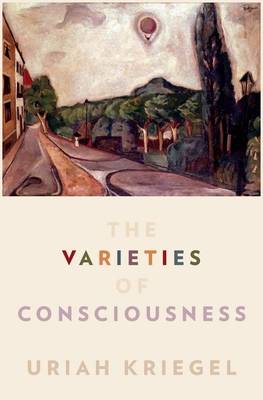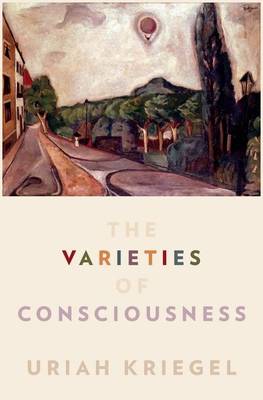
- Afhalen na 1 uur in een winkel met voorraad
- Gratis thuislevering in België vanaf € 30
- Ruim aanbod met 7 miljoen producten
- Afhalen na 1 uur in een winkel met voorraad
- Gratis thuislevering in België vanaf € 30
- Ruim aanbod met 7 miljoen producten
Zoeken
€ 125,45
+ 250 punten
Omschrijving
Recent work on consciousness has featured a number of debates on the existence and character of controversial types of phenomenal experience. Perhaps the best-known is the debate over the existence of a sui generis, irreducible cognitive phenomenology, a phenomenology proper to thought. Another concerns the existence of a sui generis phenomenology of agency. Such debates bring up a more general question: how many types of sui generis, irreducible, basic, primitive phenomenology do we have to posit to just be able to describe the stream of consciousness? This book offers a first general attempt to answer this question in contemporary philosophy. It develops a unified framework for systematically addressing this question and applies it to six controversial types of phenomenal experience, namely, those associated with thought and judgment, will and agency, pure apprehension, emotion, moral thought and experience, and the experience of freedom.
Specificaties
Betrokkenen
- Auteur(s):
- Uitgeverij:
Inhoud
- Aantal bladzijden:
- 296
- Taal:
- Engels
- Reeks:
Eigenschappen
- Productcode (EAN):
- 9780199846122
- Verschijningsdatum:
- 1/05/2015
- Uitvoering:
- Hardcover
- Formaat:
- Genaaid
- Afmetingen:
- 157 mm x 236 mm
- Gewicht:
- 521 g

Alleen bij Standaard Boekhandel
+ 250 punten op je klantenkaart van Standaard Boekhandel
Beoordelingen
We publiceren alleen reviews die voldoen aan de voorwaarden voor reviews. Bekijk onze voorwaarden voor reviews.











